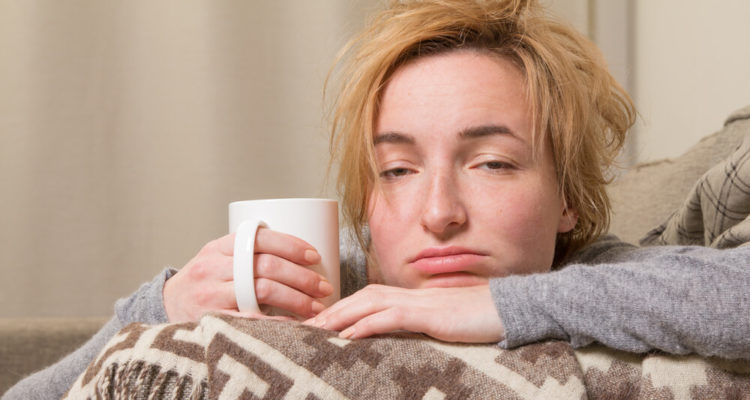
What happens to the brain due to lack of sleep: research
0
The brain of a person who sleeps only four hours a night day, on average eight years older than the brain of a person who gets a good night's sleep.
This is evidenced by the research of medical journalist Ilke de Bishop. The author notes that human sleep consists of 4-5 important cycles that last an hour and a half each.
- The first begins with the phase of light sleep,
strong> lasting about 5 minutes. Then, normal electromagnetic waves spread from deep in the brain to the cortex and go every few seconds.
- So, sleep flows smoothly into the second stage, which takes about 50 minutes and is very important for the process of saving and storing information. At this time, the brain processes all the information it gathered during the day and stored earlier, and makes a decision about which memories to keep and which to erase from memory.
- The third and fourth stage is deep sleep, i.e. a recovery period when the body gathers energy after the day's accumulated stress. In the fourth stage, the brain waves become more like the brain waves of a sick person in a coma, and this stage lasts about half an hour at most.
- The last stage, states the author, known as “paradoxical sleep” or “rapid eye movement sleep,” which is an important stage for improving mood and preserving memories, after which awakening occurs naturally.
Bishop states, that while a person sleeps, his brain is literally cleaned, because during wakefulness, the cells are grouped together, and in sleep they are compressed, creating more space between them. This facilitates the circulation of the cerebrospinal fluid. At the same time, “brain waste”, especially protein, is removed.
In people who sleep too little, it accumulates more easily, which is directly related to Alzheimer's disease.
Also, due to lack of sleep, the part of the brain that is responsible for making decisions and solving problems suffers. International studies involving more than 10,000 people have shown that too little sleep can quickly impair logical thinking and verbal ability. The article also notes that sleep deprivation has become almost an epidemic in the modern world. Today, we sleep an average of almost two hours less per night than half a century ago. This is probably due to the active use of gadgets – TVs, tablets and smartphones encourage us to stay up longer. In addition, screens also emit blue light, which is believed to suppress the production of melatonin, the sleep hormone. lack of sleep An ideal sleep is from seven to eight hours a day.









Leave a Reply